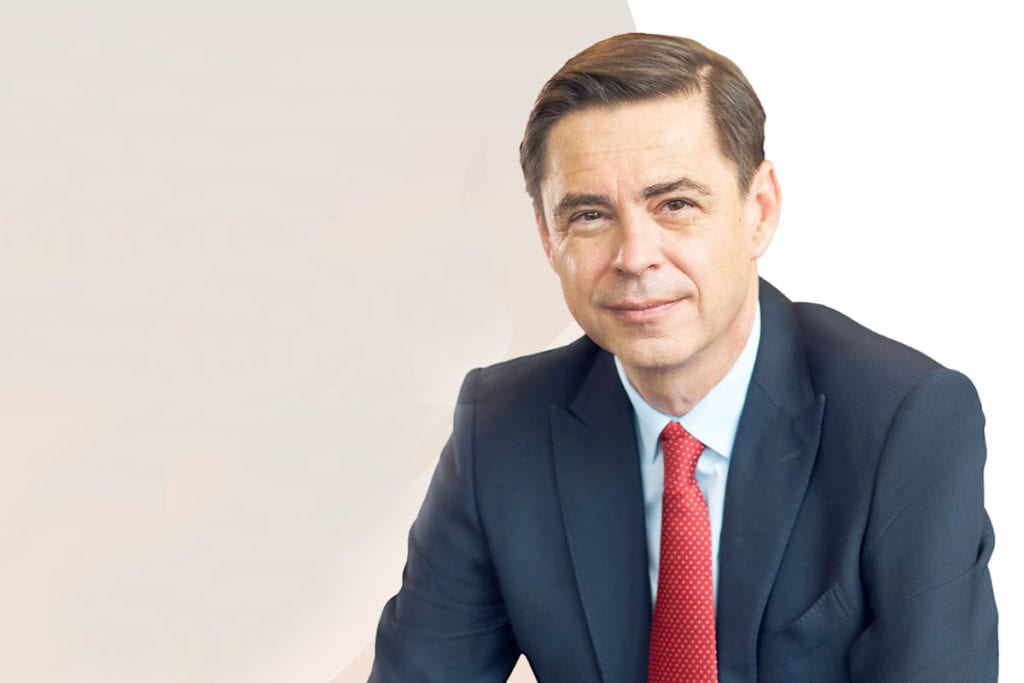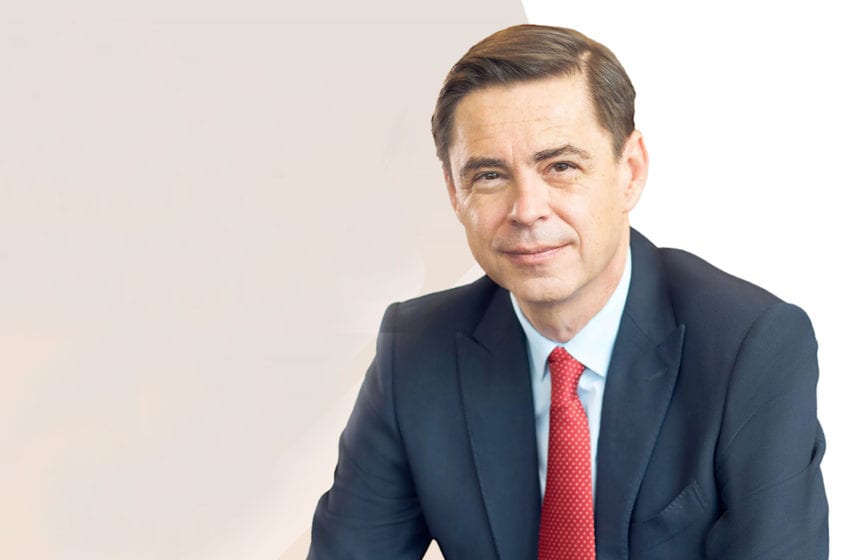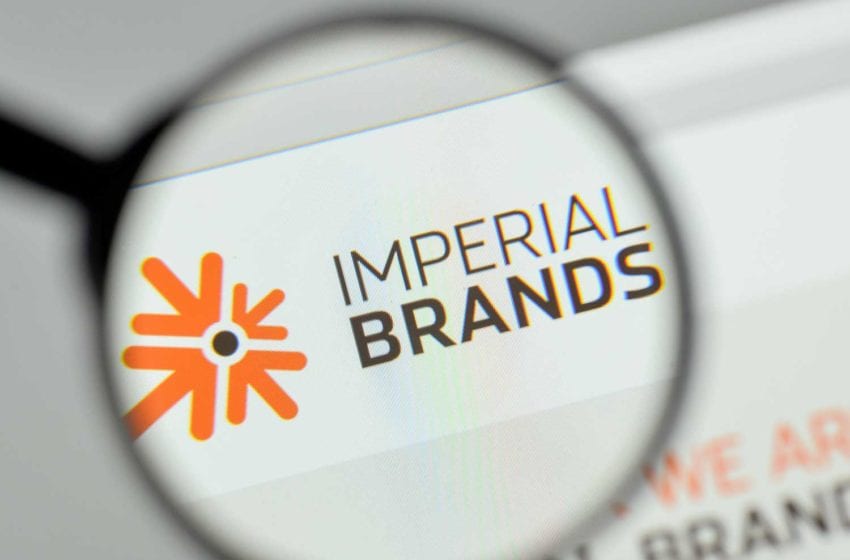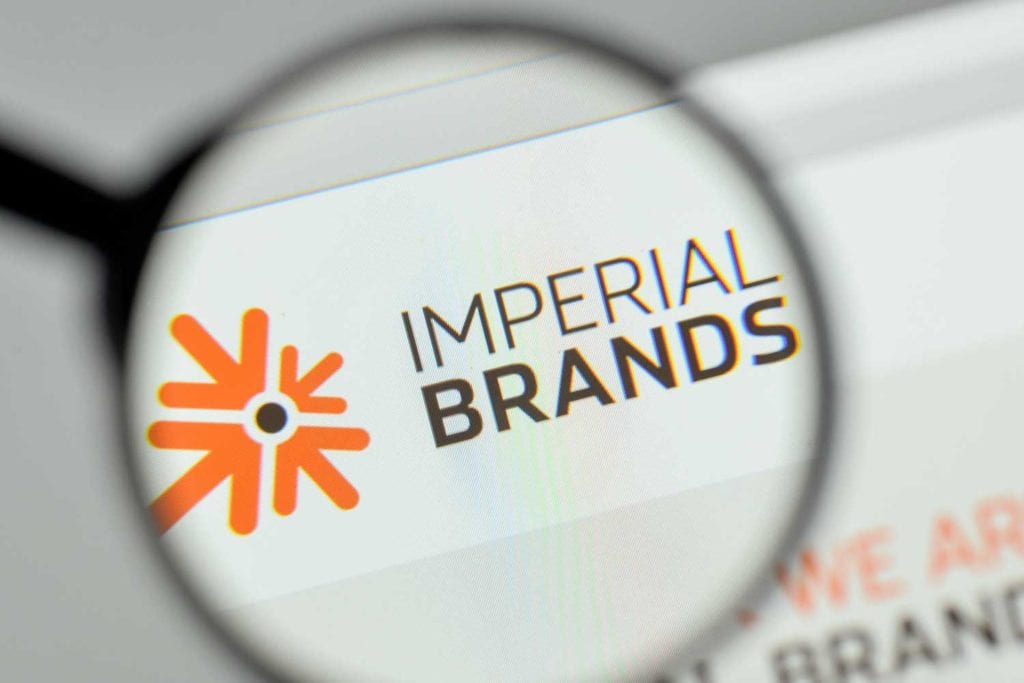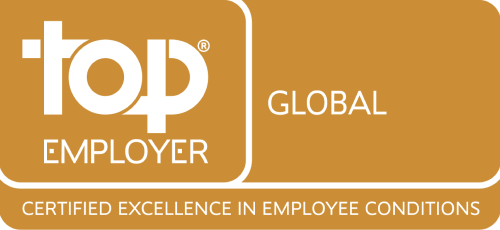British American Tobacco (BAT), Japan Tobacco International (JTI) and Imperial Brands have been recognized by the Top Employers Institute.
BAT and JTI were certified as two of only 16 “Global Top Employers.” Imperial Brands was named a “Top Employer Europe” for a fourth consecutive year in 2021.
“Receiving Global Top Employer certification for the fourth-year running is a fantastic achievement as it acknowledges our commitment to creating an inclusive and innovative working environment that our employees enjoy being a part of,” said Hae In Kim, director, talent, culture and inclusion at BAT, in a press note.
“Our employees are our most important asset, and we are particularly proud of the resilience and determination they have displayed during the pandemic. Without doubt, they are a key driver in our continued strong performance as we transform our business and build A Better Tomorrow for all our stakeholders.”
“The Top Employer certification is not an end-in-itself,” said Steve Dyer, JTI’s vice president, global talent management, in a statement. “For us, it is confirmation that we have always been on the right track by making our workplace a safe and flexible environment for all our employees, whether they are farmers, scientists, office or factory workers.
“This seventh consecutive certification also sends a strong message to our future employees: we constantly give our people the opportunity to develop their career under the best conditions in order to perform to their highest abilities while being themselves.”
“I am delighted that Imperial has been recognised for another year with the Top Employer certification,” said Alison Clarke, chief people and culture officer at Imperial Brands, in a statement.
“Our HR Practices have been surveyed against an international benchmark with a thorough methodology. This accreditation is a symbol of the high standards that we aspire to deliver every day for our people.”
“Despite the challenging year we have experienced, which has certainly made an impact on organisations around the globe, our regional top employers have continued to demonstrate the power of putting their people first in the workplace,” said David Plink, CEO of the Top Employers Institute.
Top Employers Institute is the global authority on recognizing excellence in the conditions that businesses create for their people.
Companies participating in its prestigious certification program have the potential to gain top employer status following a comprehensive analysis of people development practices.
The institute’s analysis covers 600 practices across a number of areas including: talent strategy, workforce planning, on-boarding, learning and development, performance management, leadership development, career and succession management, compensation and benefits and culture.
